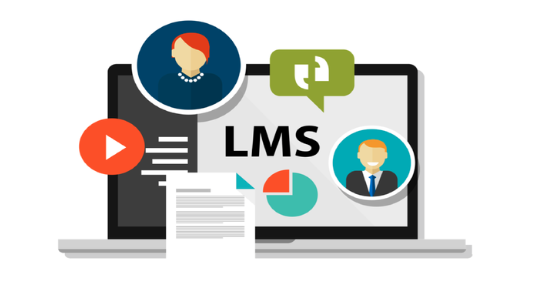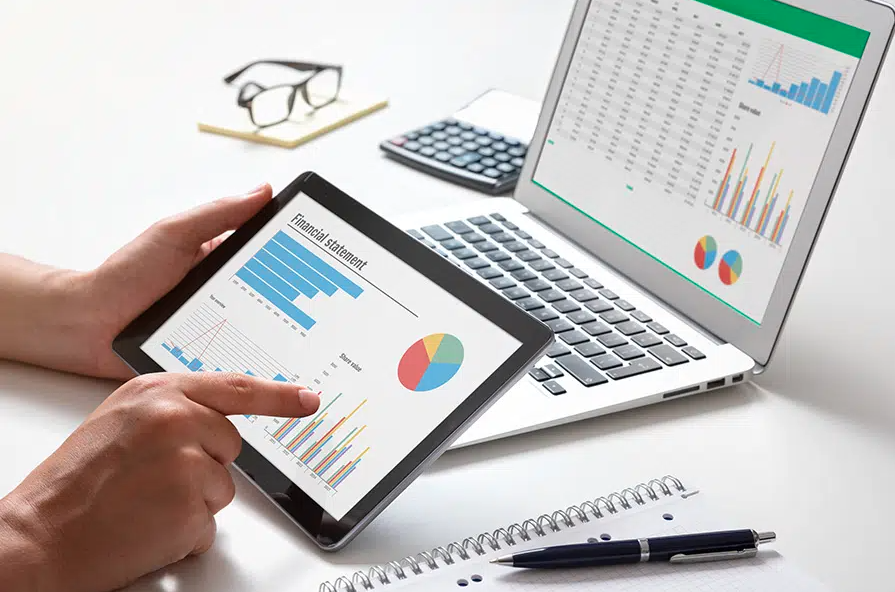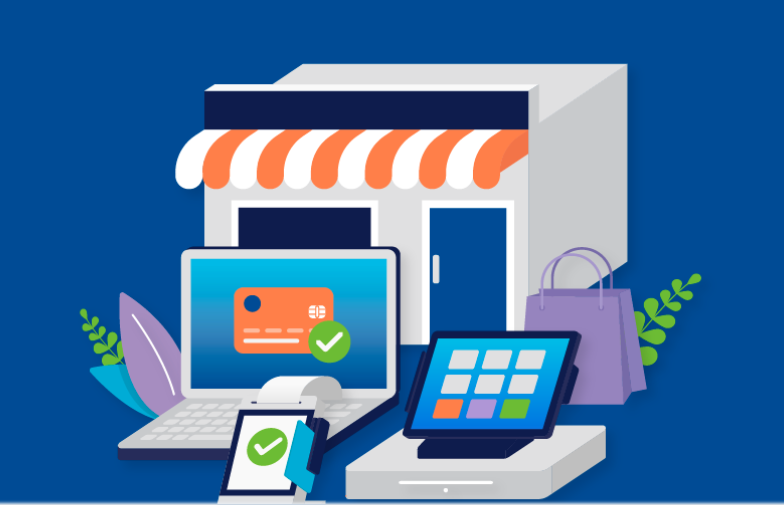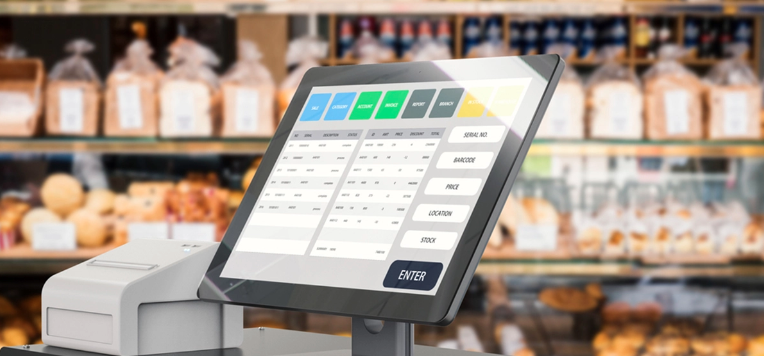In 2025, small businesses are increasingly turning to Enterprise Resource Planning (ERP) systems to streamline operations, improve efficiency, and drive growth. The right ERP solution can integrate various business functions, such as accounting, inventory management, sales, and customer relations, into one cohesive system. However, with so many options available, choosing the best ERP for small business can be a daunting task. This article will explore the top ERP solutions for small businesses in 2025, comparing their features, pricing, and overall benefits.
Effortless Integration: The Best ERP Solutions for Small Businesses in 2025

What is an ERP System and Why Do Small Businesses Need It?
An ERP system is a suite of integrated software tools designed to help businesses manage and automate core processes. These systems provide a centralized database where all your business data is stored, allowing for real-time access and efficient management across different departments. For small businesses, an ERP system can offer several advantages:
- Improved Efficiency: Automating tasks such as inventory management, billing, and payroll allows small businesses to save time and reduce manual errors.
- Better Decision-Making: With real-time data and analytics, business owners and managers can make informed decisions to drive growth.
- Cost Savings: By integrating different functions, ERPs help eliminate redundant processes and streamline operations, ultimately reducing overhead costs.
- Scalability: As your business grows, an ERP can scale to meet new demands, offering flexible solutions that evolve with your needs.
Key Features to Look for in the Best ERP for Small Business
When evaluating the best ERP for small business, it’s essential to consider certain features that will make a difference in how well the system integrates with your business needs:
- Ease of Integration: A good ERP should integrate seamlessly with your existing tools and software, whether it’s accounting software, CRM systems, or eCommerce platforms.
- User-Friendly Interface: An intuitive interface makes it easier for employees to adopt and use the system effectively.
- Customization Options: The ability to tailor the system to your business’s specific needs is crucial for small businesses that may not require every feature an ERP offers.
- Cloud-Based vs. On-Premise: Cloud-based ERPs offer flexibility, automatic updates, and lower upfront costs, while on-premise ERPs provide more control and security.
- Customer Support: Choose a solution with strong customer support and training resources to ensure your team can effectively use the system.
- Affordability: Small businesses need ERP systems that are cost-effective, especially considering limited budgets.
The Best ERP Solutions for Small Businesses in 2025
Below are some of the best ERP for small business solutions in 2025, along with a comparison of their key features and pricing.
| ERP Provider | Key Features | Pricing (Starting) | Best For |
|---|---|---|---|
| NetSuite | Cloud-based, scalable, integrated financials, CRM | $99/month | Growing businesses with complex needs |
| Zoho ERP | Easy to use, fully integrated, customizable, mobile-friendly | $35/month | Small businesses looking for an affordable solution |
| QuickBooks Commerce | Inventory management, accounting, and reporting integration | $50/month | Small businesses with a focus on accounting and inventory |
| Odoo | Highly customizable, modular, open-source option | Free for basic, $24/month for full version | Businesses seeking flexibility and scalability |
| Sage Intacct | Financial management, reporting, cloud-based | $15/month | Small businesses looking for financial-focused ERP |
| SAP Business One | Comprehensive, integrated operations, advanced analytics | $250/month | Businesses needing an all-in-one, robust ERP |
1. NetSuite
NetSuite, owned by Oracle, is one of the best ERP for small business solutions, particularly for those looking for scalability and integration. It offers a comprehensive suite that includes financials, CRM, inventory management, eCommerce, and more. NetSuite’s cloud-based platform is ideal for growing businesses that need a flexible solution to meet their expanding needs.
Key Features:
- Scalable and customizable
- Real-time data and reporting
- Multi-currency and multi-language support
- Integrated with financials, CRM, and more
Starting Price: $99/month
Best For: Growing businesses with complex needs or those planning to scale quickly.
2. Zoho ERP
Zoho ERP is an affordable, cloud-based solution that offers small businesses an easy-to-use platform with a full suite of integrated tools. It’s ideal for small businesses that need a system that’s quick to implement and simple to use. Zoho’s modular approach allows businesses to choose the features they need, including accounting, inventory management, order processing, and CRM.
Key Features:
- Affordable and user-friendly
- Customizable workflows
- Mobile app for on-the-go management
- Integration with other Zoho products
Starting Price: $35/month
Best For: Small businesses looking for an easy-to-use, cost-effective ERP solution.
3. QuickBooks Commerce
QuickBooks Commerce is a robust ERP system designed for small businesses with a strong focus on inventory management and accounting integration. QuickBooks is widely known for its accounting software, and the addition of commerce features allows businesses to integrate their inventory, sales, and accounting in one platform. It’s an excellent option for small businesses that need streamlined accounting and inventory management.
Key Features:
- Seamless integration with QuickBooks accounting software
- Inventory management and order tracking
- Reporting and analytics
- Integrates with popular eCommerce platforms like Shopify
Starting Price: $50/month
Best For: Small businesses in retail or eCommerce looking for easy integration with accounting systems.
4. Odoo
Odoo is an open-source ERP solution that is highly customizable, making it one of the best ERP for small business solutions for those looking for flexibility. Odoo offers a modular approach, meaning businesses can start with basic features and add more as their needs evolve. It covers everything from CRM and project management to manufacturing and inventory.
Key Features:
- Open-source, highly customizable
- Modular design for tailored solutions
- Integrates with a wide range of third-party apps
- Cloud-based and on-premise options
Starting Price: Free for basic, $24/month for full version
Best For: Businesses needing flexibility and customization, or those with unique processes.
5. Sage Intacct
Sage Intacct is a cloud-based ERP solution that focuses on financial management. It is ideal for small businesses that want to automate accounting tasks, manage financials, and generate detailed reports. With strong reporting tools and multi-entity capabilities, Sage Intacct is perfect for businesses that need a robust financial ERP system.
Key Features:
- Advanced financial management and reporting
- Multi-entity and multi-currency support
- Integration with third-party applications
- Scalable and secure cloud platform
Starting Price: $15/month
Best For: Small businesses that need advanced financial management features.
6. SAP Business One
SAP Business One is a comprehensive, all-in-one ERP solution designed for small and mid-sized businesses. It integrates finance, CRM, supply chain management, and more into one platform. SAP Business One offers deep functionality and powerful analytics, making it suitable for businesses that need a robust ERP system for complex operations.
Key Features:
- Full integration across business functions
- Advanced reporting and analytics
- Multi-currency and multi-language support
- Scalable for growing businesses
Starting Price: $250/month
Best For: Small businesses needing a robust, all-in-one ERP system with advanced analytics.
Conclusion
In 2025, there are several excellent options when it comes to choosing the best ERP for small business. For businesses looking for scalability and complexity, NetSuite and SAP Business One stand out, while Zoho ERP and Odoo provide more affordable and flexible options for smaller businesses. QuickBooks Commerce is perfect for retail and eCommerce businesses, while Sage Intacct focuses on financial management. When selecting an ERP, consider your business’s needs, budget, and long-term goals to ensure you choose a solution that supports growth and efficiency.
By integrating the right ERP system into your business, you’ll streamline operations, improve productivity, and position yourself for success in 2025 and beyond.
Explore

Choosing the Right Fit: Top Payroll Software Solutions for Small Businesses in 2025

Best Business Management Software for Small Businesses in 2025

Discover the Best Small Businesses Loans 2025

Best AI Tools for Startups & Small Businesses in 2025

Best Learning Management Systems (LMS) for Small Businesses in 2025

The Best Accounting Software for Small Businesses in 2025

Best Merchant Services for Small Businesses in 2025

Best POS Systems for Small Businesses in 2025
